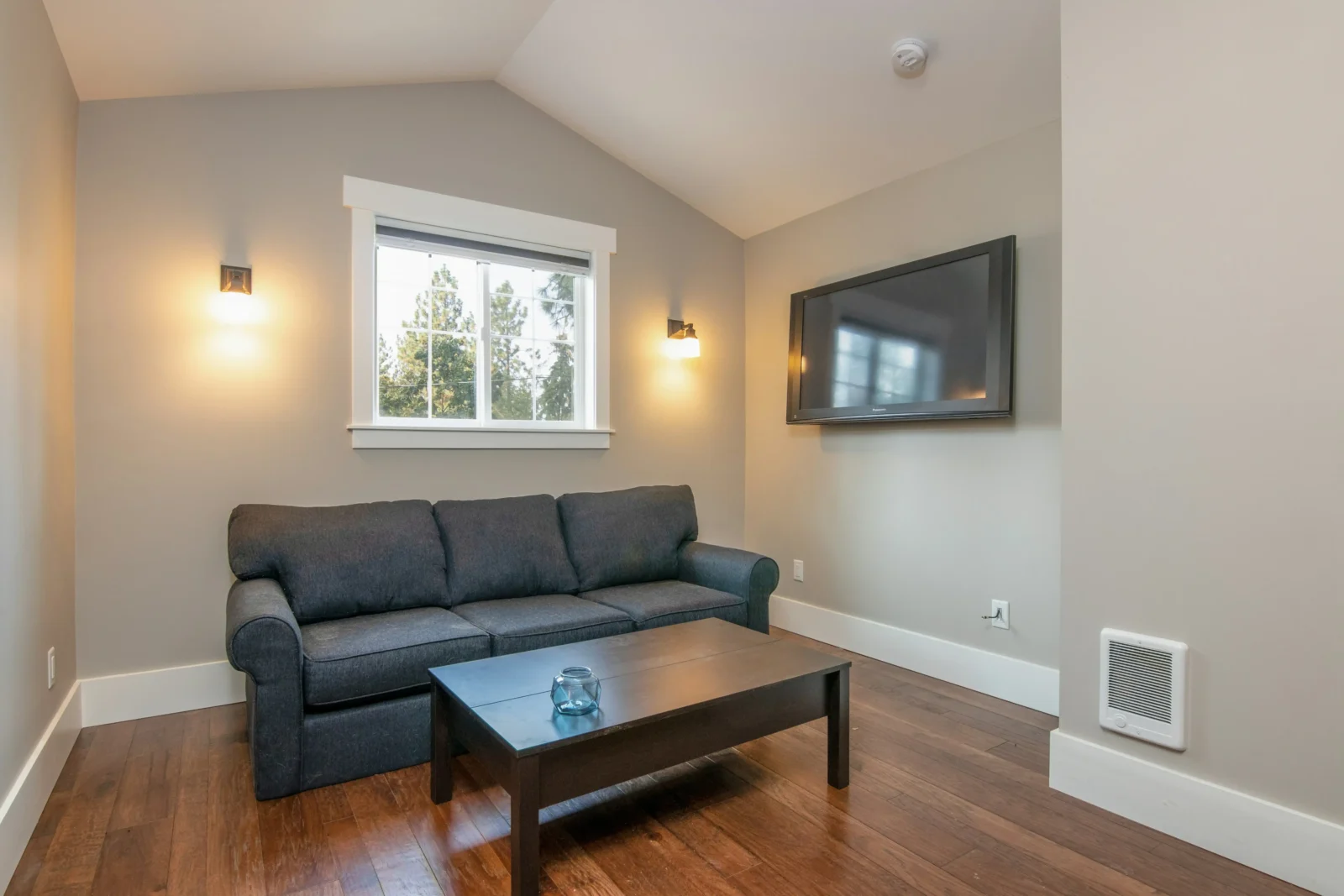- Home
- Articles
- Architectural Portfolio
- Architectral Presentation
- Inspirational Stories
- Architecture News
- Visualization
- BIM Industry
- Facade Design
- Parametric Design
- Career
- Landscape Architecture
- Construction
- Artificial Intelligence
- Sketching
- Design Softwares
- Diagrams
- Writing
- Architectural Tips
- Sustainability
- Courses
- Concept
- Technology
- History & Heritage
- Future of Architecture
- Guides & How-To
- Art & Culture
- Projects
- Interior Design
- Competitions
- Jobs
- Store
- Tools
- More
- Home
- Articles
- Architectural Portfolio
- Architectral Presentation
- Inspirational Stories
- Architecture News
- Visualization
- BIM Industry
- Facade Design
- Parametric Design
- Career
- Landscape Architecture
- Construction
- Artificial Intelligence
- Sketching
- Design Softwares
- Diagrams
- Writing
- Architectural Tips
- Sustainability
- Courses
- Concept
- Technology
- History & Heritage
- Future of Architecture
- Guides & How-To
- Art & Culture
- Projects
- Interior Design
- Competitions
- Jobs
- Store
- Tools
- More
Making Sure Your Rental Agreement is Fair and Clear

Table of Contents Show
No matter which side of the contract you’re on, you must ensure your rental agreement is as fair as possible. In this post, we’ll show you how templates make everything simpler, what makes a good, legally binding agreement, and what common issues to avoid.
How Templates Help
It’s always best to use a pre-written agreement. If you’re the landlord, this may save you a lot of time and money drafting a form that could have many errors. Tenants can also use a template to ensure the agreement is fair.
For example, a simple residential lease contract template at RentAgreementForm will come with every field in place. You can compare this with the form the landlord tries to get you to sign — or you can simply insist on using a reputable template.
In any case, a pre-written lease is free of the common errors that may fracture a tenancy before it begins. They give you a starting point; the agreement you sign must measure up to this.
What Your Rental Agreement Needs
The main reason you should use a pre-written agreement is that it has every necessary section. You won’t realize too late that it doesn’t discuss the security deposit or provide a pet policy.

Whether you use a lease template or not, any rental agreement you sign should have at least all of the following:
- The names and addresses of you and the landlord/tenant
- The property’s address
- A description of the property and premises
- The lease’s duration
- How often is rent paid, and what is the amount
- Details on the security deposit (amount and rules)
- More information on how a tenant can use the property
- Details on who is responsible for repairs
- The rules surrounding early terminations/evictions
Before signing a lease, make sure you read the whole agreement from start to finish, especially if you didn’t put it together. If you’re the tenant, consider negotiating extra clauses. For example, ask for a lenient early termination clause in case your situation changes suddenly.
Common Issues a Rental Agreement Might Have
You won’t know what you’re agreeing to without reading your rental agreement over first. This is especially true for tenants — opportunistic landlords often try to add unfair clauses while hoping you don’t notice. However, no lease can override your fundamental rights as a renter.
That said, here are some problematic clauses and omissions you should watch out for:
Early Termination Penalties
No landlord likes ending a lease early; this means repeating the time they spent searching for a tenant. However, if the penalties for early termination are especially harsh, you may find yourself trapped.
Non-Refundable Fees
Look out for cleaning or administrative fees that aren’t in the lease or are barely explained. You should also watch for high late fees, for which the lease may have a very short grace period.
Ambiguous Responsibilities
Your lease might be unclear about who’s responsible for paying utilities or sorting out repairs. If you don’t clarify this, you might be on the hook for breaking a rule you weren’t even aware of.
Cash-Only Rent
Your landlord might ask you to pay your rent in cash, which leaves no paper trail. If you agree to this, get a receipt for every payment, or they could claim you never paid it.
Harsh Guest Limitations
Every lease limits how many guests you can have and how many nights they can stay over. You can, however, challenge these limits if you think they’re unfair compared to other leases.
Avoiding Verbal Agreements
Whatever you do, don’t leave anything to a verbal agreement. This makes it easy for a landlord to ignore what you agreed on. You’ll have no way of proving any extra clause you negotiated, so get everything in writing.

Even proving you agreed to a clause over email helps your case. However, this isn’t an effective substitute for putting it in your contract. Don’t sign anything unless it covers every base you and the other party discussed.
Terminating a Lease
Starting a rental agreement is often much easier than ending it. Ideally, your contract will let you move out (even if you’re not on a month-to-month arrangement) if you give 30-60 days’ notice.
However, you might still incur an early termination penalty. While you obviously shouldn’t sign a lease that takes this to the extreme, you probably can’t avoid it entirely. These penalties usually take the form of an extra fee, though they often come with exceptions.
If you’re a landlord, set fair conditions for terminating the lease. Beyond these, you may set it to end automatically if the tenant breaks the contract or doesn’t pay.
Final Thoughts
Landlords and tenants alike must make sure the lease agreement is fair. If you’re the renter, you can’t blindly trust the owner to create a fair contract — use an online template to check it’s all in order.
Trained as an architect and seasoned in the editorial trenches, I turn raw design concepts into compelling narratives that resonate beyond studio walls. My work spans in-depth project spotlights, interviews with visionary designers, and analysis pieces that distill complex technical data into accessible insights. Whether polishing copy for publication or generating original features, I draw on years of practice to ensure every sentence captures architecture’s rigor, poetry, and cultural impact—inviting professionals and enthusiasts alike to see the built environment through a sharper, more inspired lens.
Submit your architectural projects
Follow these steps for submission your project. Submission FormLatest Posts
Why Hiring a Property Management Company in Henderson, NV Makes Sense
Table of Contents Show Less Stress and Fewer Daily HeadachesBetter Tenant Screening...
Best Tips for Hassle-Free Home Selling
Table of Contents Show Start With A Simple Selling PlanFix The Paperwork...
How to Invest in the Real Estate Industry
Table of Contents Show Choosing the Right PropertyFinancing OptionsPre-IPO InvestingResearch and EducationRental...
Is Dual-Occupancy Living Right for You? An Australian Perspective
Table of Contents Show Understanding Dual Occupancy Beyond the Floor PlanAustralian Homes...












Leave a comment